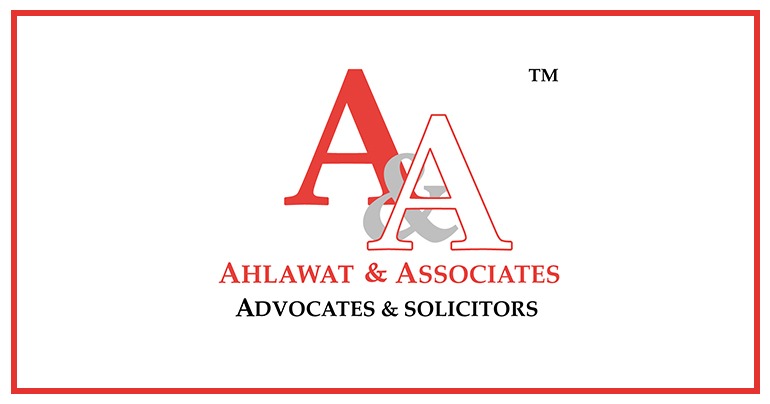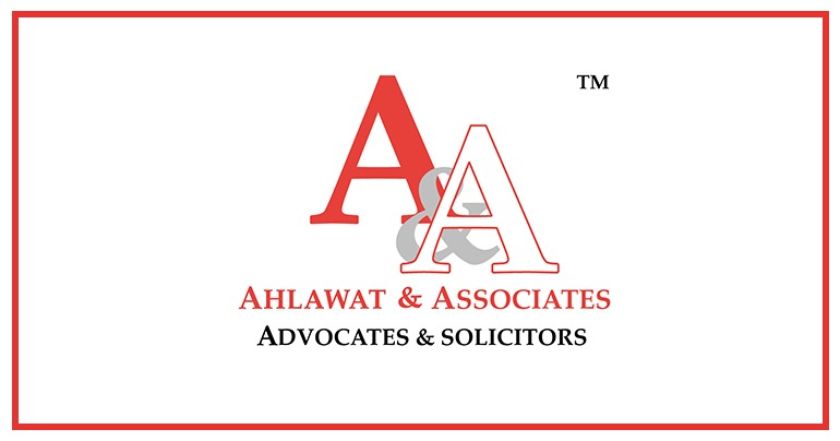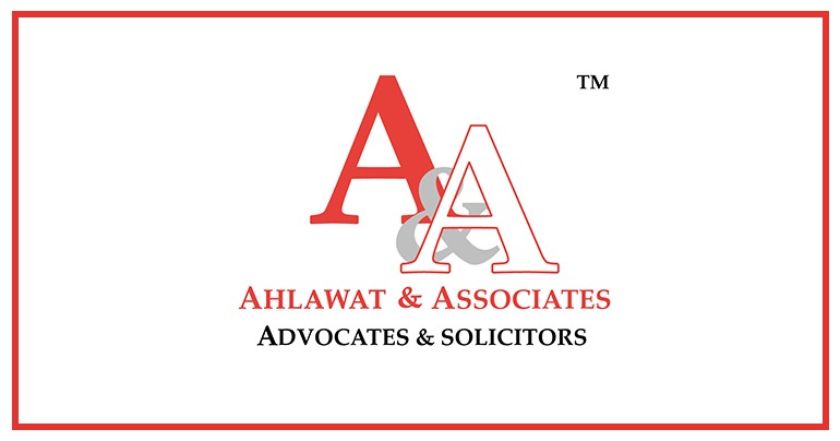
The Indian Singers’ Rights Association, a registered copyright society, filed lawsuits against various entities, the earliest ones being in the year 2016. It was ISRA’s case that these third-party entities were infringing upon the performers’ rights of their members. Albeit in receipt of various favourable orders, ISRA’s journey before the High Court of Delhi was a tumultuous one lasting more than seven years. Popular music labels such as Saregama, Super Cassettes and Zee Entertainment filed intervention applications before the High Court to take leave of the court to submit arguments pertaining to the sound recordings in which these labels claimed legal rights. The case involved the interpretation of several some provisions of the Copyright Act, 1957 including but not limited to Sections 38, 38A, 39A as well as the third and fourth provisos of Section 18 of the Copyright Act, 1957.
The High Court was approached by ISRA in nine different matters over the years which were thereafter clubbed together. ISRA’s contention pertained to the claim of royalties on behalf of its members from entities that were utilising sound recordings for commercial purposes. The court allowed the intervention applications filed on behalf of the music labels and thereafter heard the arguments at length. It was the music labels’ contention that since the sound recordings in question were technically owned by them, they were in fact a relevant party to the present suit involving the determination of whether or not performers (including singers) had a right to receive royalty under Sections 38(A) as well as the third and fourth proviso to Section 18 read with Section 39A (1) and proviso to Section 38(2).
Upon receiving the court’s assent to intervene, the music labels submitted their arguments upon the issue and contended that since the members of the society had already received their remuneration for their contribution to the sound recording, they were in fact not liable to receive any further payments. In support of their contention, they submitted before the court the executed copies of such agreements between the music label and the singers as well.
However, ISRA on the other hand, vehemently argued upon their members’ right to receive royalty in light of their interpretation of the relevant provisions of the Copyright Act, 1957 and claimed the same from entities such as restaurants, cafes and even sports teams.
The arguments for the matter were heard over months and has resulted in the amicable settlement between the parties, which has let to withdrawal of the suits filed by ISRA. The details pertaining to the settlement are currently under wraps and not in the public domain.
The lawsuits seemed like a perfect opportunity for the High Court of Delhi to interpret the relevant provisions of the Copyright Act, 1957, and clear the air around payment of royalties to the performers as regards the intellectual property created with their contribution. The issues related to such rights, if any, of the singers still remain unanswered and shall certainly lead to matters of a similar nature cropping up before various forums over the country.

The Ministry of Electronics and Information Technology have notified three Grievance Appellate Committees under the Information
View More
The state of Chhattisgarh has notified the Chhattisgarh Gambling (Prohibition) Act, 2022, replacing the erstwhile statute -
View More
The draft Digital Personal Data Protection Bill, 2022 (“DPDP Bill”) was published for inviting comments from the public and stakeholders
View More















 Cookies Consent
Cookies ConsentWe use cookies to help you navigate efficiently and perform certain functions. You will find detailed information about all cookies under each consent category below. Read more...
 Cookies Consent
Cookies ConsentWe use cookies to help you navigate efficiently and perform certain functions. You will find detailed information about all cookies under each consent category below. Read more...

